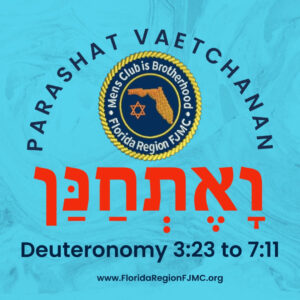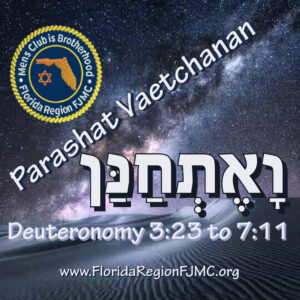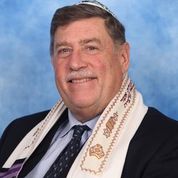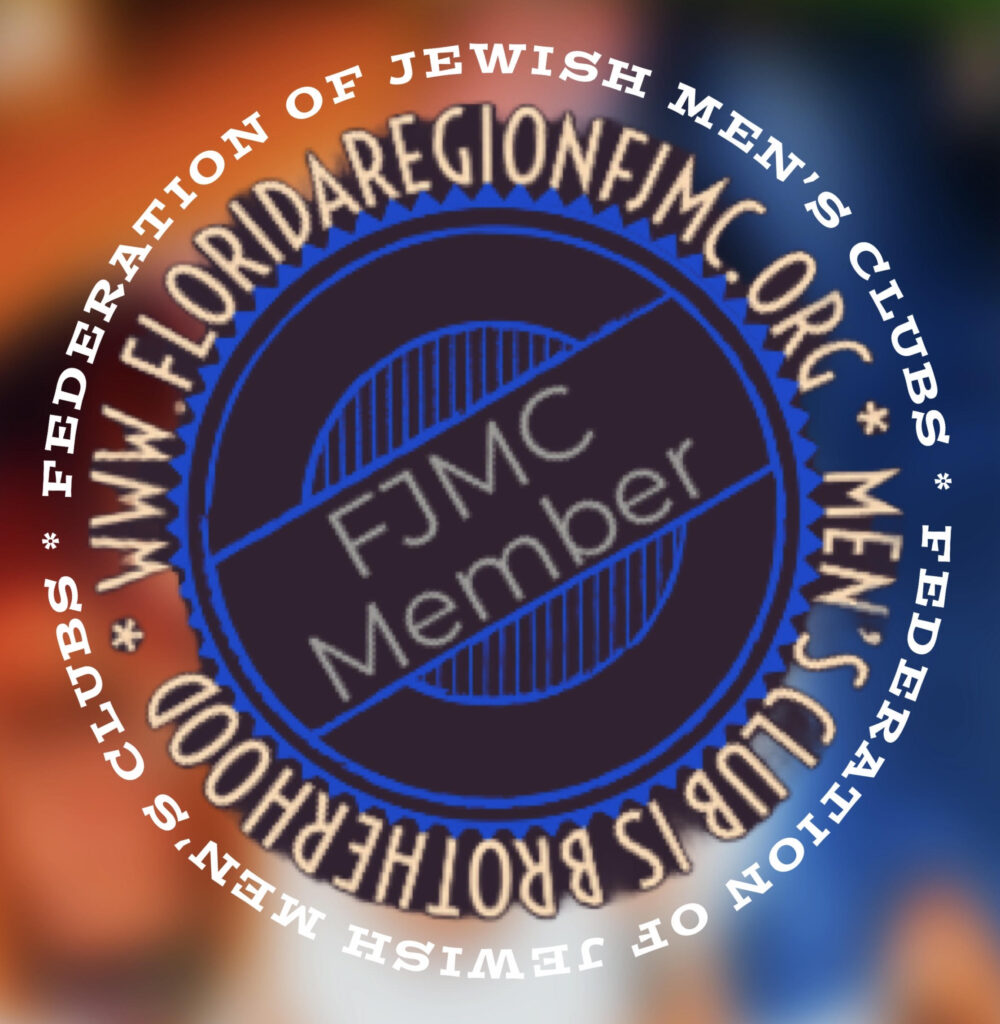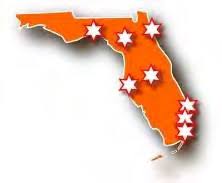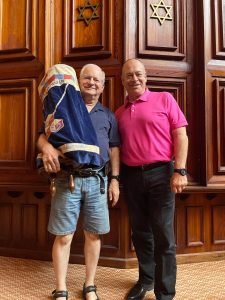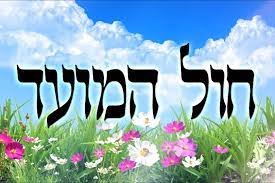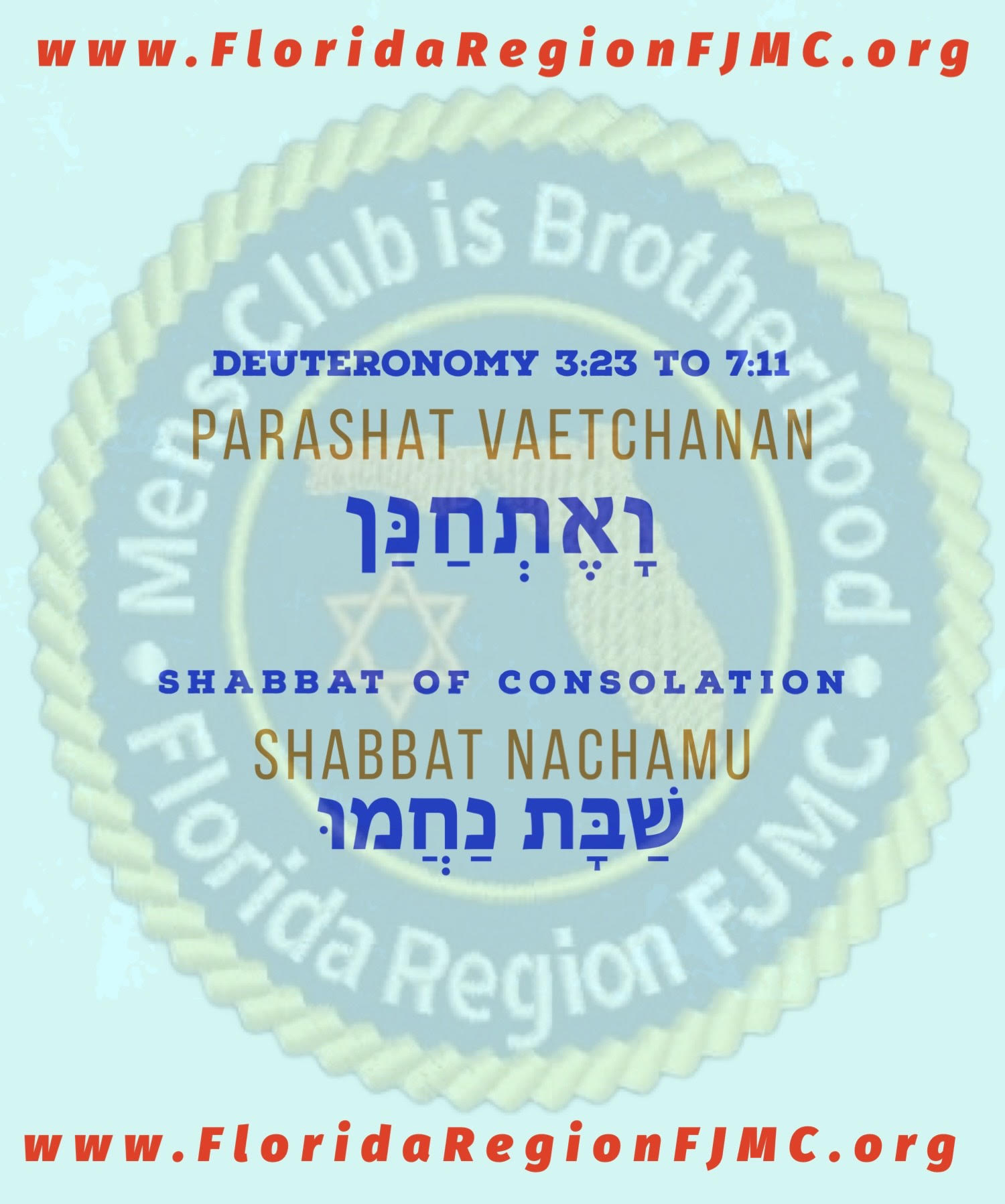
When you Choose Shabbat, you choose to learn that every Shabbat is different and special. This week I learned about Parashat Vaetchanan (וָאֶתְחַנַּן), the 45th weekly Torah portion in the annual cycle of Torah readings.
I also learned this week as known as Shabbat Nachamu (שבת חזון), the Haftarah read on the Shabbat immediately after Tisha B’Av. Shabbat Nachamu, “the Shabbat of Comforting”, takes its name from a haftarah from the Book of Isaiah (40:1 through 40:26) that speaks of “comforting” the Jewish people for their suffering. It is first of seven haftarahs of consolation that are read between Tisha B’Av and Rosh Hashanah.
According to Wikipedia, Vaetchanan (וָאֶתְחַנַּן), Deuteronomy 3:23 through 7:11, contains 7,343 Hebrew letters, 1,878 words, 122 verses and makes up 249 lines of the Torah scroll. Vaetchanan covers a lot of territory; it tell how Moses asked to see the Land of Israel and recounts setting up the Cities of Refuge; he recites the Ten Commandments and the Shema and gives instructions to the Israelites.
Rabbi Michael D Klein of Temple Torat Emet offers his insights on this week’s Torah reading, Vaetchanan for Shabbat August 17, 2024 aka 13 Av 5784:
“Is it possible to find comfort in a time of great distress and national catastrophe? This is the question we must face when confronted by personal tragedy, natural disaster, war, acts of unbridled hatred, or the effects of evil pervading the world. For the answer, we must look to the example of those who survived the holocaust and who witnessed the most inhumane genocide ever perpetrated upon our people. Those who survived the camps and lost their loved ones had to reestablish their lives and find reasons to continue their existence. Many, married or remarried, had children, started or continued their professional lives, and tried to put the horrors they had been subjected to behind them. This has been the collective memory of the generations that have succeeded them. We all need motivation to continue despite the evil which exists in the world. Shabbat Nachamu gives us insight into how to accomplish this.
Those who witnessed the destruction of Jerusalem and the Great Temple by the Babylonians in 586 BCE later returned to reestablish Jewish communities in Eretz Yisroel. When the second Great Temple was destroyed, and the majority of Jews were exiled by the Romans in 70CE ,we established Jewish communities in Israel and the diaspora worldwide and carried with us the Torah and the Jewish way of life. In our day, we hope that the families of the hostages will be able to overcome their horrors by knowing that we are with them and support them. We will rebuild and fortify those communities that were attacked on October 7 th and will take comfort in knowing that good people all over the world will seek justice for those who were brutally attacked. We will support Israel and all the organizations and individuals who are helping the affected communities rebuild and reestablish their lives.
We will comfort one another because that is who we are! Nachamu, Nachamu, Ami- The prophet Isaiah says “Comfort Ye, Comfort Ye O My People” – that is how we survive and thrive and that is how we face tragedy- with actions, words and deeds, and by staying committed to the values of the Torah and our belief in One G-d. In this week’s Sedra the words of the 10 commandments and the Shema give us hope that the future will be better if we are willing to do the hard work of building and caring. May we always be comforted by these words. Amen.”
Questions for Discussion:
- Moshe is instructed to strengthen Joshua. Why is this necessary?
- Why are the bones of Joseph allowed to enter Israel but Moshe is not?
- What is the main focus of the Shema and Veahavta?
- Why do we need the words of Torah on the doorposts on our arms and as frontlets between our eyes?
Rabbi Michael D. Klein attended Yeshiva College of South Florida and served as Torah Reader, Hebrew teacher, Chazzan and spiritual leader of various synagogues throughout South Florida. In January 2015 he became Ritual Director, Bnai/Bnot Mitzvah instructor and 7th grade Hebrew instructor for Temple Torat Emet of Boynton Beach. In October 2019 he was accepted into an accelerated track and received his shicha from Yeshiva Adath Wolkowisk and has been the Rabbinic leadership of Temple Torat Emet since August 2020. In September of 2022 he was appointed Rabbinic and Spiritual Advisor of the Florida Region of FJMC.
Choose Shabbat; choose to celebrate, to light candles, sing songs and learn a little Torah.
This moment of Jewish Learning is brought to you by the Florida Region of the Federation of Jewish Men’s Clubs (FJMC). We are part of a confederation of over 200 Jewish Men’s Clubs and Brotherhoods representing over 20,000 members across the United States, Canada, Latin America, and beyond. Learn more about how your Jewish Men’s Club or Brotherhood can affiliate with the FJMC at: https://fjmc.org/for-clubs/affiliating-with-the-fjmc/.
The Florida Region of FJMC serves the needs of affiliated Men’s Clubs and Brotherhoods throughout the State of Florida. Get to know more about the FJMC Florida Region and our growing network of Jewish Men’s Clubs and Brotherhoods at www.floridaregionfjmc.org and please visit and LIKE our Florida Region FJMC Facebook Group at www.facebook.com/FloridaRegionFJMC.
